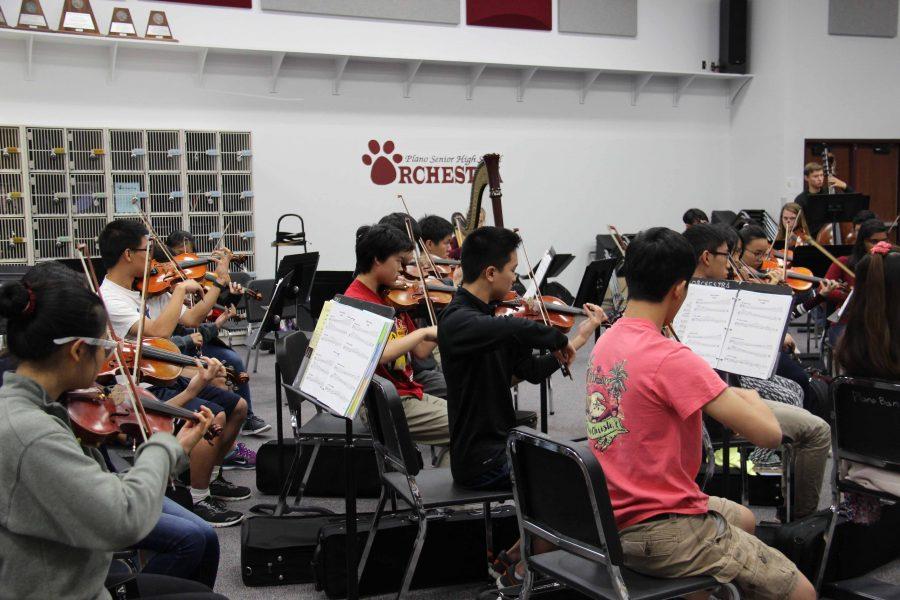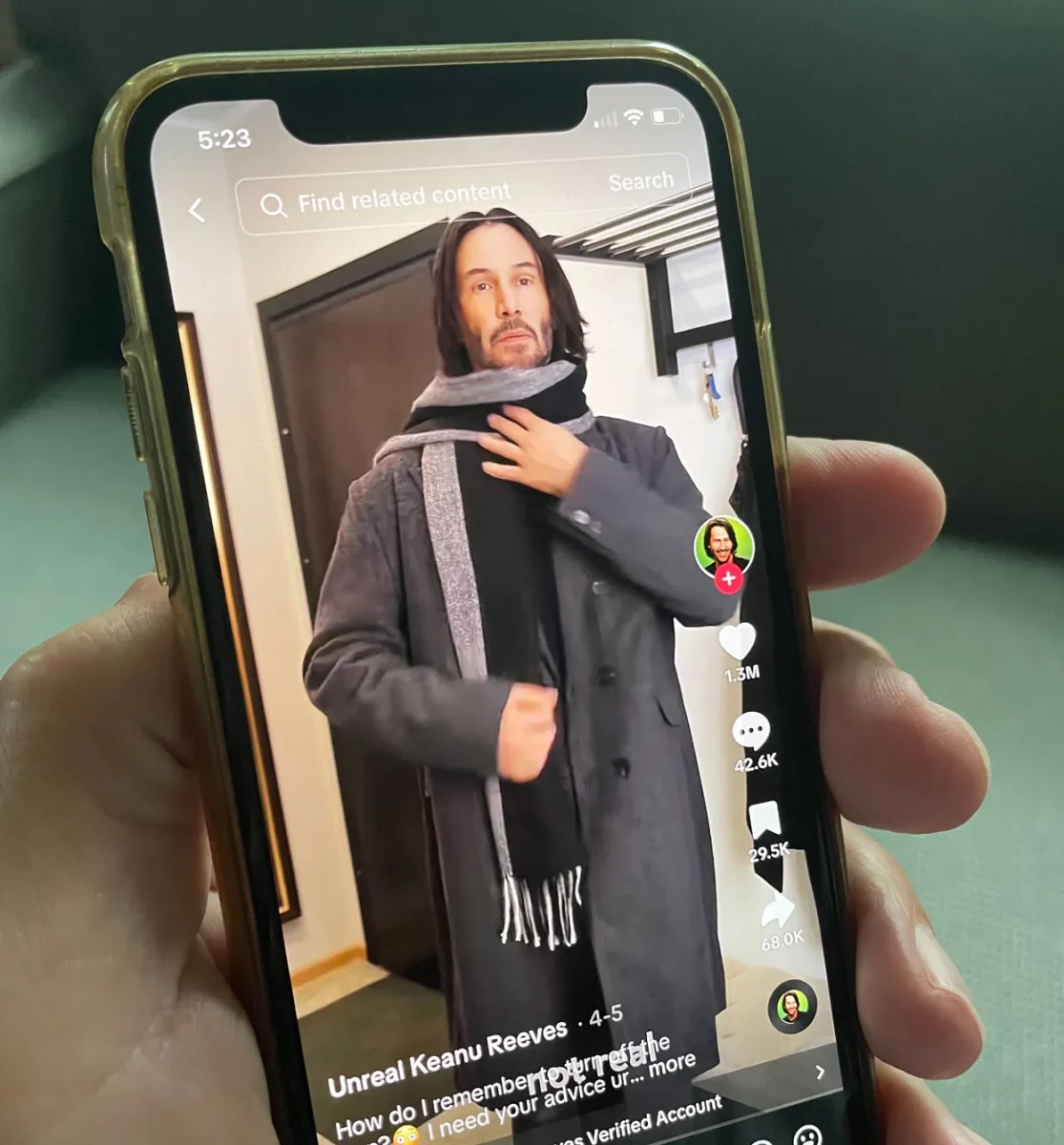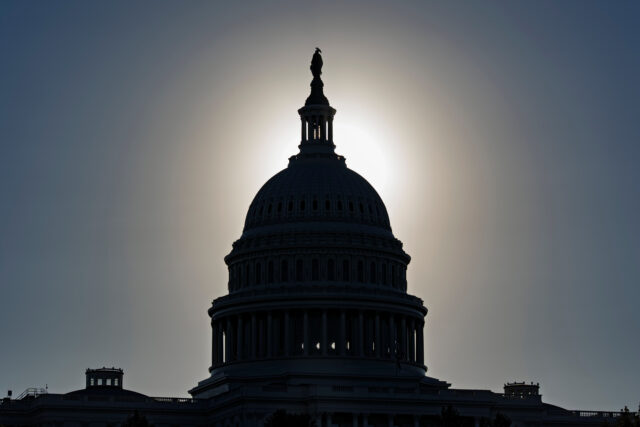Christmas in stores before Halloween again
November 16, 2016
Corporations are turning Christmas into an economic venture rather than keeping the significant holiday the way it should be seen by placing holiday decorations on shelves long before the holiday shopping season begins, trapping consumers into the Christmas creep trend.
Christmas decorations are being stocked into aisles before Halloween has even passed, with major bulk sellers, such as Costco, beginning to stock Christmas decorations in September, and most other stores, such as Walmart and Target, stocking them in October. According to the International Council of Shopping Centers, 98 percent of malls put up Christmas decor within the first week of November.
The merchandising phenomenon known as Christmas creep is when retailers exploit the commercialized status of Christmas by introducing merchandise to shelves before Thanksgiving, which is traditionally the start of the shopping season. This scheme is used by retailers to lengthen their selling period for holiday merchandise, maximizing profit.
The deals, promotions and sales start earlier and earlier every year, as customers are encouraged to spend. Therefore, retailers are constantly hoping to gain more revenue each year for holiday sales, leaded to Christmas creep. By forcing customers to focus more on buying gifts and using deals earlier, retailers are robbing people from celebrating the significance of the holiday.
According to a 2014 study by Rich Relevance, 71 percent of Americans said they were either “annoyed” or “very annoyed” with seeing holiday items in stores before Halloween, as stores attempt to lengthen the holiday shopping season. Despite some customers’ annoyance with the trend, many still seem to be falling into the trap. The National Retail Foundation found that 40 percent of consumers planned to start their holiday shopping season before Halloween.
Stores bombard people with flyers, pop-up ads, commercials and emails before the holiday is even on people’s minds. Aggressive advertising efforts are a direct result of the competition between retailers on who can sell more and meet their bottom-line.
As a result, Christmas has become more of an economic venture than a holiday. Getting the best deals on gifts has become more important for consumers than the people they are buying the gifts for, with businesses appealing more to consumers’ whims by offering promotions and sales much earlier than necessary.
As stores display Christmas decorations and play holiday music, they take advantage of customers’ holiday cheer to persuade them to make purchases much earlier than is called for. Stores abuse the holiday spirit for increased profit, turning Christmas into an economic opportunity for greedy corporations rather than a time of merriment and cheer.
Christmas creep causes people to ignore the importance of the holiday. For decades, America’s obsession with consumerism and shopping leads them to view the holiday not as a day of merriment and cheer, but of buying and receiving. The holiday should not be about getting the best deals on presents and decorations, but rather about the time spent with family, and, for some, the religious importance behind the day.
Consumers should focus not on buying into the sales stores put forth so early in the year, but rather on the importance of the holiday itself. By refusing to fall into the trap of Christmas consumerism, Americans can ensure they will not compromise the integrity of a holiday so steeped in tradition and so important to family.








